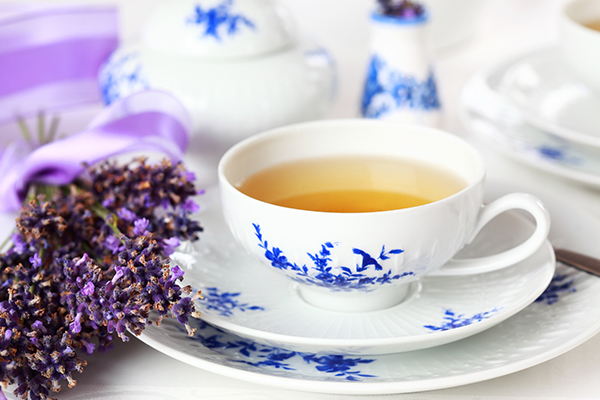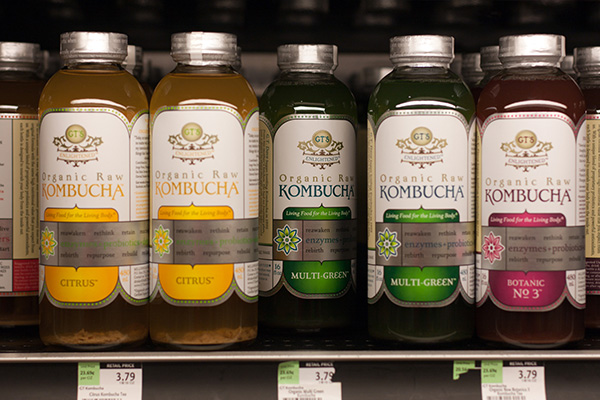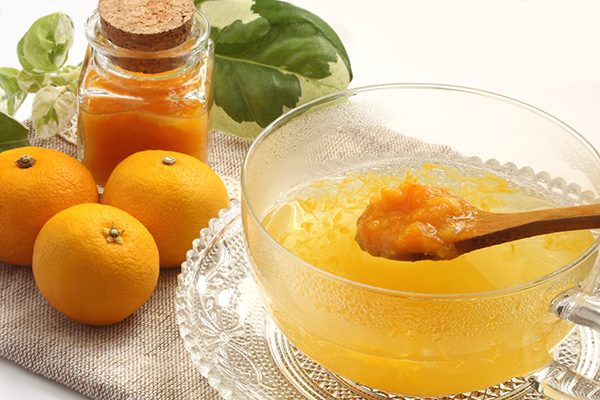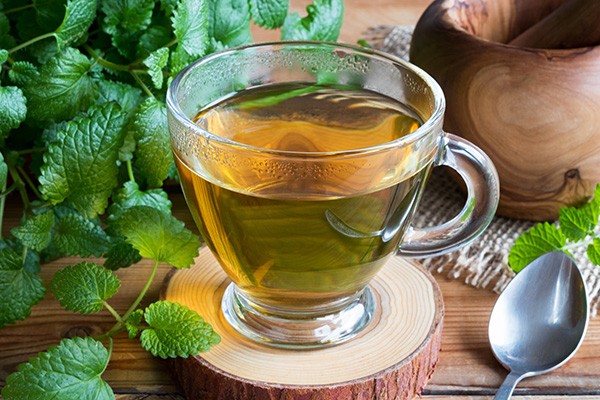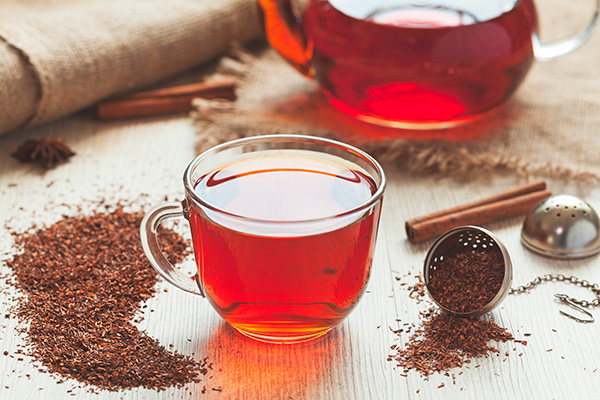Tulsi (Holy Basil) Tea: Benefits, Side Effects, and How to Make It
Tulsi, or Holy Basil, isn’t just a revered plant in many cultures, but it’s also a beloved ingredient in tea that promises health benefits and a delightful flavor.
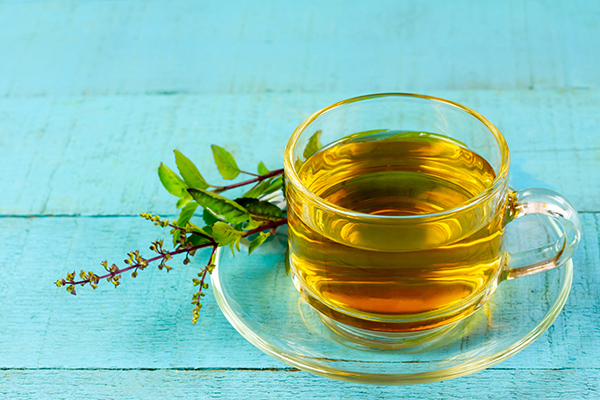
What Is Tulsi Tea?
Tulsi Tea is a flavorful herbal infusion made from the leaves of the Holy Basil plant (Ocimum tenuiflorum). Native to Southeast Asia, Tulsi is an integral part of Ayurvedic medicine and is often revered for its multifaceted medicinal properties. Known for its distinctive aroma and mildly minty flavor, Tulsi tea is enjoyed both hot and cold, either plain or sweetened.
Potential Health Benefits of Tulsi Tea
Tulsi tea comes packed with an array of health benefits, owing to its rich concentration of antioxidants and phytochemicals.
Supports Immune System
Tulsi tea is rich in immune-boosting compounds that aid in defending the body against harmful bacteria, viruses, and other pathogens. Regular consumption of Tulsi tea may therefore contribute to a stronger immune system.
Promotes Heart Health
Studies have shown that Tulsi may help lower blood pressure and cholesterol levels, both of which are critical for heart health. Drinking Tulsi tea might thus help in reducing the risk of heart disease.
Reduces Stress and Anxiety
Tulsi contains compounds known as adaptogens, which help the body adapt to stress and promote mental balance. Consequently, Tulsi tea could be an excellent natural remedy for managing stress and anxiety.
Helps with Respiratory Disorders
Tulsi’s properties as an expectorant make it beneficial for treating various respiratory disorders. Tulsi tea could potentially aid in relieving symptoms of cold, cough, and other respiratory issues.
Tulsi Tea Side Effects
Although Tulsi tea is generally safe for most people, it does come with potential side effects. It’s crucial to understand these before incorporating it into your routine:
May Affect Fertility
Certain studies have indicated that Tulsi may impact fertility negatively in both men and women. Those trying to conceive should consult their healthcare provider before consuming Tulsi tea regularly.
Interacts with Certain Medications
Tulsi might interact with medications, such as blood thinners, and affect their efficiency. If you are on any such medication, it’s advisable to speak to your doctor first.
May Lower Blood Sugar Levels
Tulsi is known to lower blood sugar levels. People with diabetes or those taking medication to control blood sugar should monitor their levels closely when consuming Tulsi tea.
Who Should Not Drink Tulsi (Holy Basil) Tea?
Considering the potential side effects, Tulsi tea may not be suitable for everyone. Pregnant and breastfeeding women, people trying to conceive, and those with diabetes or on blood-thinning medications should consult their healthcare provider before drinking Tulsi tea.
How to Make Tulsi Tea
Making Tulsi tea at home is a simple process:
- Boil a cup of water in a pot.
- Add 1-2 teaspoons of Tulsi tea leaves (or as suggested by the manufacturer).
- Let it steep for about 5-10 minutes.
- Strain the tea into a cup and enjoy it warm.
Feel free to add a sweetener or a splash of lemon for added flavor.
Final Thoughts
Tulsi tea is a healthful herbal infusion that can offer numerous benefits when consumed mindfully. However, as with any dietary supplement, it’s crucial to understand its potential side effects and consult with a healthcare provider if needed.
FAQ
What Does Tulsi Tea Taste Like?
Tulsi tea has a unique taste, often described as a combination of mint, cloves, and licorice. It’s a refreshing blend that’s slightly sweet with a hint of spiciness.
When Should I Drink Tulsi Tea?
Tulsi tea can be enjoyed at any time of the day. However, many people find it particularly calming in the evening or before bed.
How Often Can You Drink Tulsi Tea?
Generally, it’s safe to drink Tulsi tea once or twice a day. However, you should follow the manufacturer’s guidelines and consult your healthcare provider if you plan to consume it regularly.
How Long Can You Drink Tulsi Tea Safely?
There’s no defined limit on how long you can safely consume Tulsi tea. However, it’s advisable to have regular breaks if you’re drinking it daily. Always pay attention to your body and consult a healthcare provider if you notice any adverse effects.
Can Tulsi Tea Help With Black Pain?
Tulsi, also known as Holy Basil, has been used traditionally in Ayurvedic medicine for its potential anti-inflammatory and antioxidant properties, which could theoretically help with pain relief. However, while it might help promote overall well-being, there isn’t specific scientific evidence to confirm that tulsi tea is effective in relieving back pain.
Beyond Tulsi tea, there are other teas that have been more conclusively proven to have positive effects on back pain.

